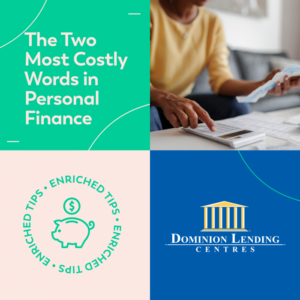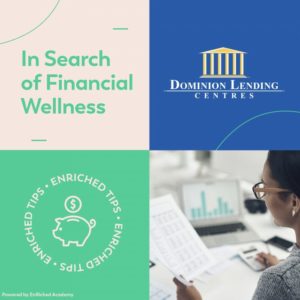 Find Your Perfect Home Type.
Find Your Perfect Home Type.
When it comes to finding your perfect home, there are so many more options for potential homeowners! From a single-family dwelling to a townhouse to a modular home, the choices are seemingly endless. But, before you start widening your search, let’s take a look at what makes these home types different – and which one is perfect for you!
Single-Family Detached: These homes provide more privacy with less noise from neighbours. They also tend to be larger dwellings (complete with a yard!) which gives you the space and freedom to really make it your own. Due to the popularity of these homes, there is often high demand in them which can drive up selling prices.
Single-Family, Semi-Detached: These homes are suitable for a single family and are typically attached to another house on one side making them more affordable to both buy and maintain. With this affordability does come somewhat less privacy and protection from noise.
Duplex: These are great options for individuals looking to reduce home purchase and carrying costs – live in one unit, rent the second! This type of home also provides unique flexibility for older families, giving you the option to move adult children or aging parents into the second unit.
Townhouse or Row House: These typically have private yards but, in some cases, it may be freehold or condo-style with shared ownership rights and responsibilities. Typically more affordable to buy and maintain, however, they tend to have less privacy and noise protection as well as coming with monthly maintenance or strata fees.
Condominium: These are low- or high-rise buildings containing multiple apartment units. These units are individually owned, with shared ownership rights and responsibilities over the building and the common area. Condos are excellent starter homes for single adults, or couples, as they are affordable and require minimal maintenance. Some buildings even have shared amenities, such as a fitness center or swimming pool or party room.
Modular or Mobile Home: These types of homes are highly affordable and extremely flexible; if you relocate, you can sell the mobile home with the property or keep the home and relocate it! As these are less common and somewhat newer home types, there is less resale demand than other housing types and they are much smaller than a detached or even a condominium. If renting land in a mobile home community, there are also those costs to consider.
Finding the right home to suit your needs means considering your lifestyle and budget now, as well as where you’ll be a few years down the road. Want more information or need help deciding the best option for you? Contact Jennifer Koop, your DLC mortgage expert to learn more about your options when it comes to buying and owning a home.
Published by DLC Marketing Team
For all your mortgage needs contact us today, 705-349-0502.

 The Two Most Costly Words in Personal Finance
The Two Most Costly Words in Personal Finance Second Mortgages: What You Need to Know
Second Mortgages: What You Need to Know After You Buy – Closing Tips
After You Buy – Closing Tips In Search of Financial Wellness?
In Search of Financial Wellness? 10 Questions to Ask Your Home Inspector
10 Questions to Ask Your Home Inspector Don’t Be House Poor
Don’t Be House Poor Self-Employed and Seeking a Mortgage
Self-Employed and Seeking a Mortgage What You Should Know About Mortgage Amortization
What You Should Know About Mortgage Amortization How to Pay Off Your Mortgage Faster
How to Pay Off Your Mortgage Faster